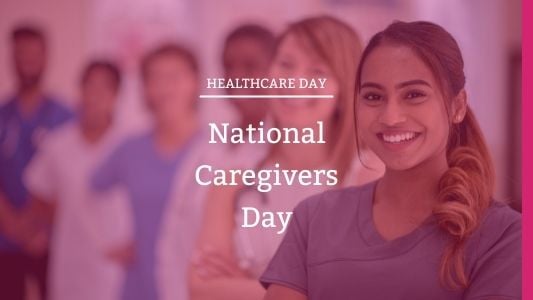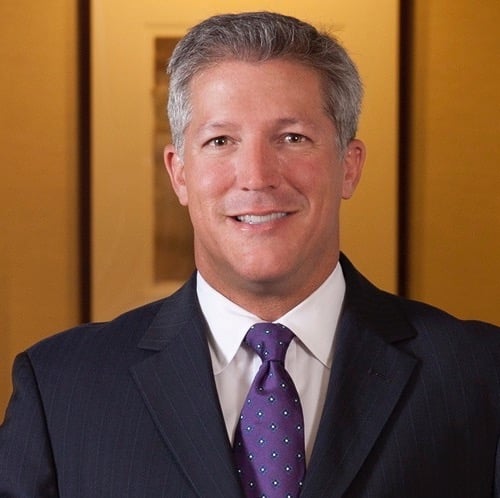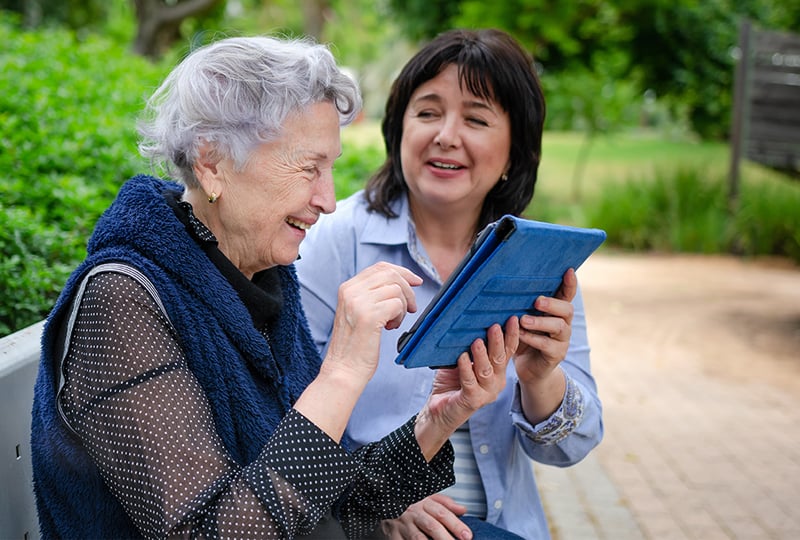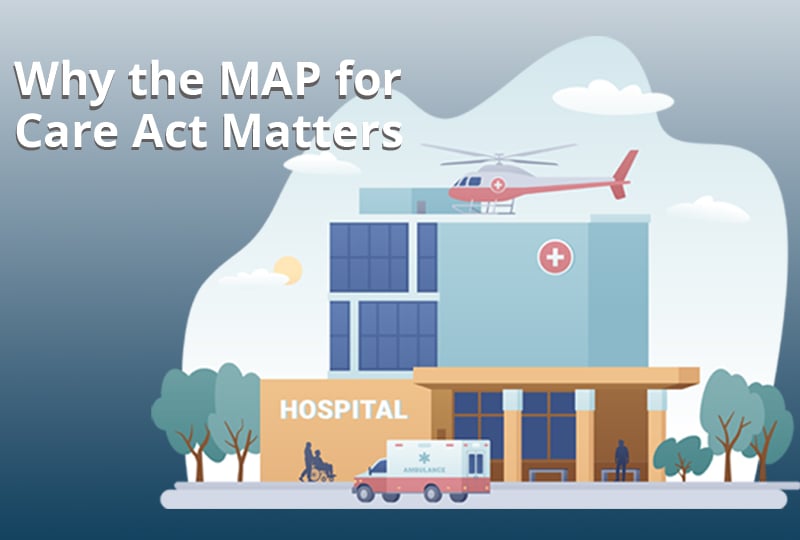
As America celebrates National Caregivers Day on February 18, the nation’s leader in digital advance care planning (ACP) recommends that one of the most important things professional caregivers can do for their patients, loved ones, and their families is to help them develop an advance care planning document to provide peace of mind that their wishes will be heard when they are unable to speak for themselves.
Today’s caregivers span a wide variety of professions, including those who work for a home health agency, a hospice organization, a chronic care management company, or a skilled nursing facility. They unselfishly provide physical and emotional support, and daily personal care. And in the case of a nursing home environment, they often spend more time with patients than do family members.
“Because of their medical training and special connection, professional caregivers understand a patient’s changing physical or mental state, making them uniquely positioned to know when it might be time to have sensitive consultations regarding future care,” says ADVault CEO Scott Brown. “Clinicians are also frequently in the room when chronic illness, disability, and end-of-life conferences may already be taking place. They can do a great service by making sure that medical goals, treatment priorities, and care preferences are detailed in an advance care planning document, or portable medical orders like POLST or MOLST forms, to increase the likelihood that future care delivered will align with a patient’s values and priorities.”
"Because of their medical training and special connection, professional caregivers understand a patient’s changing physical or mental state, making them uniquely positioned to know when it might be time to have sensitive consultations regarding future care"
An increasing number of professional caregivers, chronic care management companies, and palliative care organizations have turned to digital ACP tools to document these discussions. Best in class digital solutions use an intuitive Q&A format to guide conversations, document treatment choices, and designate a healthcare agent or proxy. Through these tools caregivers can also help patients upload existing documents they already have. Once completed, ACP documents and portable medical orders should be securely stored in a registry and repository that complies with easy-to-access, interoperable data exchange standards to ensure that they are readily accessible through existing electronic health record systems across all points of care.
In addition to creating or uploading documents, the best digital ACP solutions provide clarity by allowing the patient to record a video directly expressing personal preferences concerning location of care, life-sustaining treatments, CPR, and medical treatment goals. The video is then stored with the ACP documents and portable medical orders so medical teams have a full understanding of patient wishes.
“We have found that in many instances professional caregivers are already having these meetings and may even be committing a patient’s wishes to paper, only to discover that these documents are nowhere to be found or are difficult to access in a time of need,” says Scott. “Levering technology to make these documents accessible helps ensure that the patient’s voice in clinical decision-making will be heard. It provides peace of mind for both the patient and family members so better decisions can be made.”
“Levering technology to make ACP documents accessible helps ensure that the patient’s voice in clinical decision-making will be heard. It provides peace of mind for both the patient and family members so better decisions can be made.”
Toward that end, Scott recommends professional caregivers encourage a spouse or other family members involved in these conversations with patients to create their own ACP document. “Nobody can predict the future, and everyone needs to have their personal plan,” he says. “Even if you’re in good health, planning for future care is an important step toward indicating the medical treatments and interventions you would or wouldn’t want in an emergency and what ‘quality of life’ means to you.”
“Professional and family caregivers are incredible individuals who are essential to our community,” Scott continues. “Sadly, they’re often under-appreciated, which makes National Caregivers Day a wonderful time to pause and give a big ‘Thank You!’ for the commitment, compassion, and comfort they bring.”
National Caregivers Day, February 18th is a wonderful time to pause and give a big "Thank You!" for the commitment, compassion, and comfort professional caregivers bring.
Let’s get started on digital ACP together
Secure, Interoperable, Accessible.
MyDirectives offers the only digital advance care planning (ACP) tools and interoperable cloud-based storage that is HITRUST Risk-Based 2-year Certified.







